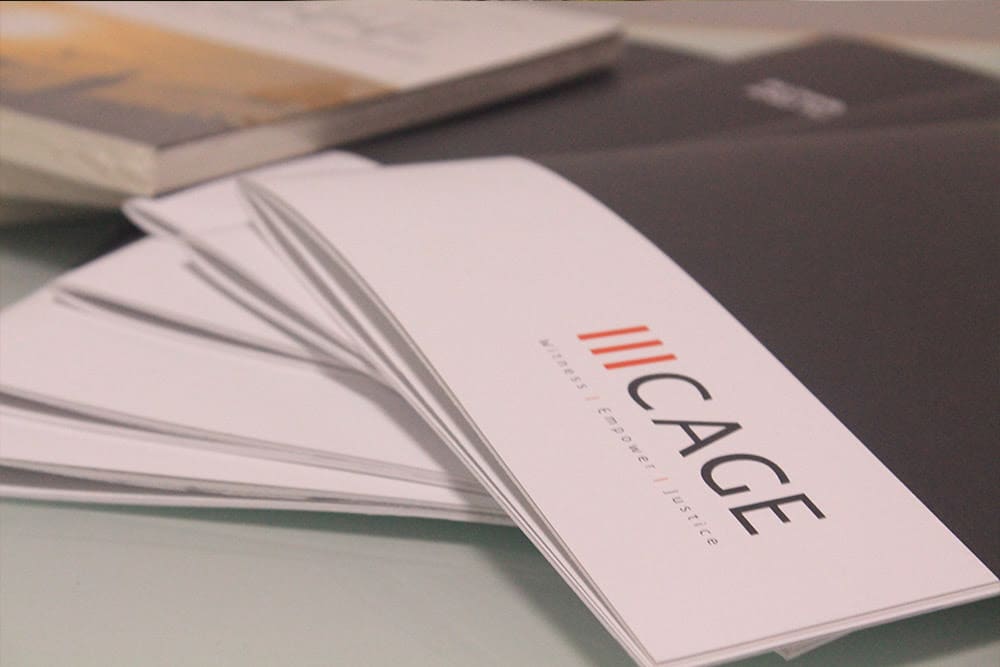Devoid of the Rule of Law: Pakistan's 'War on Terror'


Pakistan has found itself at the epicentre of the War on Terror. With over two thirds of those held in Guantanamo Bay having been detained in Pakistan, the Pakistani government has pushed itself and its country to the very forefront of international detention policies.
"Since shortly after 9/11 – when many Al Qaeda members fled Afghanistan and crossed the border into Pakistan – we have played multiple games of cat and mouse with them. The biggest of them all, Osama bin Laden, is still at large at the time of this writing, but we have caught many, many others. Some are known to the world, some are not. We have captured 672 and handed over 369 to the United States. We have earned bounties totalling millions of dollars."
[President Pervaiz Musharraf] A question hangs over the international community at the moment. Who is the grey lady of Bagram? In 2003, prisoner 650 was heard screaming in the detention facility at Bagram Airbase. Her abuse at the hands of the US soldiers led to mass protests amongst the male inmates being detained there. To this day, no one knows the identity of that tortured woman; what we do know, is that she was sent from Pakistan.
Pakistan has found itself at the epicentre of the War on Terror. With over two thirds of those held in Guantanamo Bay having been detained in Pakistan, the Pakistani government has pushed itself and its country to the very forefront of international detention policies. The quote above from President Pervaiz Musharraf addresses the relationship that the Pakistan has with the US; cooperation has been bought, but the price has been the rule of law.
Due to the activities of the security services in Pakistan, the country’s detention policy has become synonymous with words such as secret detention, enforced disappearances, torture and rendition.
ISI units in Sindh, Dalbandin Airfield as a temporary US military base in Balochistan across through prisons in Punjub to Shaukat Killa prison in Kashmir and to the plethora of prisons run by the Pakistanis and US in the North West Frontier Province – the country has become a large network for prisons used to house detainees beyond the law. Secret detention is used in order to bypass the rule of law away from scrutiny of the courts. Hundreds of detainees have been lost through detention by the police, US and Pakistani security services. The protection of habeas corpus has been completely diminished by the regional jurisdiction of its application. Before a habeas petition can be filed in the jurisdiction of arrest, the detainee is moved to another prison in the country in order that he is prevented from being produced before the courts. A by-product of secret and arbitrary detention in Pakistan has been the usage of enforced disappearances, torture and rendition. With the security services having the ability to hold people outside of the law, abuse of detainees and their illegal transfer to other jurisdictions outside of Pakistan have become commonplace. For many, the treatment of detainees in Pakistan has become the central issue in fighting for the soul of the country. The sacking of the Chief Justice of Pakistan and the subsequent movement by the country’s lawyers speaks heavily to the dissatisfaction that is felt by the people of Pakistan in the way they are being treated. There is a void in Pakistan where the rule of law and due process once existed; failure to produce those arrested before the courts has increased instability in the region and given further cause to those who would propagate violence.
Download Files
Devoid of the Rule of Law: Pakistan’s ‘War on Terror’
Read More
Pakistan has found itself at the epicentre of the War on Terror. With over two thirds of those held in Guantanamo Bay having been detained in Pakistan, the Pakistani government has pushed itself and its country to the very forefront of international detention policies.
Due to the activities of the security services in Pakistan, the country’s detention policy has become synonymous with words such as secret detention, enforced disappearances, torture and rendition.
For many, the treatment of detainees in Pakistan has become the central issue in fighting for the soul of the country. The sacking of the Chief Justice of Pakistan and the subsequent movement by the country’s lawyers speaks heavily to the dissatisfaction that is felt by the people of Pakistan in the way they are being treated. There is a void in Pakistan where the rule of law and due process once existed; failure to produce those arrested before the courts has increased instability in the region and given further cause to those who would propagate violence.








